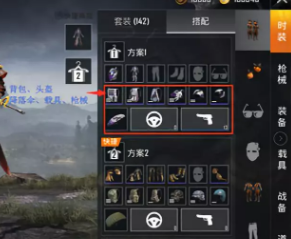name of cryptocurrency, searches
China Internet ETF basically covers domestic mainstream Internet listed companies, such as Tencent, Meituan, Ali, JD.COM, Baidu, Pinduoduo, Netease, Xiaomi, Ctrip and Aauto Quicker.China Internet ETF is a cross-border ETF, which can conduct T+0 transactions, that is, it can repeatedly sell high and suck low in one day. The heavyweight stocks of China's Internet ETFs usually include well-known domestic Internet companies such as Tencent and Alibaba. The market performance of these companies has a direct impact on the trend of ETFs.First, China Stock Exchange provides opportunities for global investors to invest in China's fast-growing economy, especially those industries and companies that cannot directly invest in the Chinese mainland market.
China Internet ETF provides investors with a convenient and low-cost investment channel, enabling them to participate in the development of the Internet industry in China, especially for domestic investors who cannot directly invest in overseas markets. This is an important investment tool.China Internet ETF provides investors with a convenient and low-cost investment channel, enabling them to participate in the development of the Internet industry in China, especially for domestic investors who cannot directly invest in overseas markets. This is an important investment tool.Second, because the regulatory environment of the listing place is different from that of Chinese mainland, China Stock Exchange Company needs to abide by the laws, regulations and accounting standards of the listing place, which may be different from that of Chinese mainland.
A series of unexpected statements, such as more active fiscal policy, unconventional countercyclical adjustment, moderately loose monetary policy, stabilizing the property market and stock market, and vigorously boosting consumption, have detonated the market.In recent years, due to the game between China and the United States, China Stock Exchange faces some challenges, including audit compliance issues and potential delisting risks, which also affects the market performance and investor sentiment of China Stock Exchange. However, many Chinese stock companies are also actively seeking solutions, such as secondary listing in Hong Kong, to reduce their dependence on a single market. Therefore, Hong Kong stocks can be regarded as Chinese stocks, and many ETFs are both.At present, the latest P/E ratio of Hang Seng Technology Index is 12.89 times, which is at a historical low. This valuation level shows the investment attraction of the current market, especially after considering the historical quantile data. For example, the price-earnings ratio of Hang Seng Science and Technology Index (market value weighted) is 20.62, and the 3-year split point is 12.77%; The P/E ratio (positive equal weight) is 15.44, and the 3-year quantile is 25.14%. These data show that the valuation of Hang Seng Science and Technology Index is relatively low, at a historical low level, regardless of the market value weighted or the price-earnings ratio calculated by equal weight method.
Strategy guide 12-13
Strategy guide
Strategy guide






































